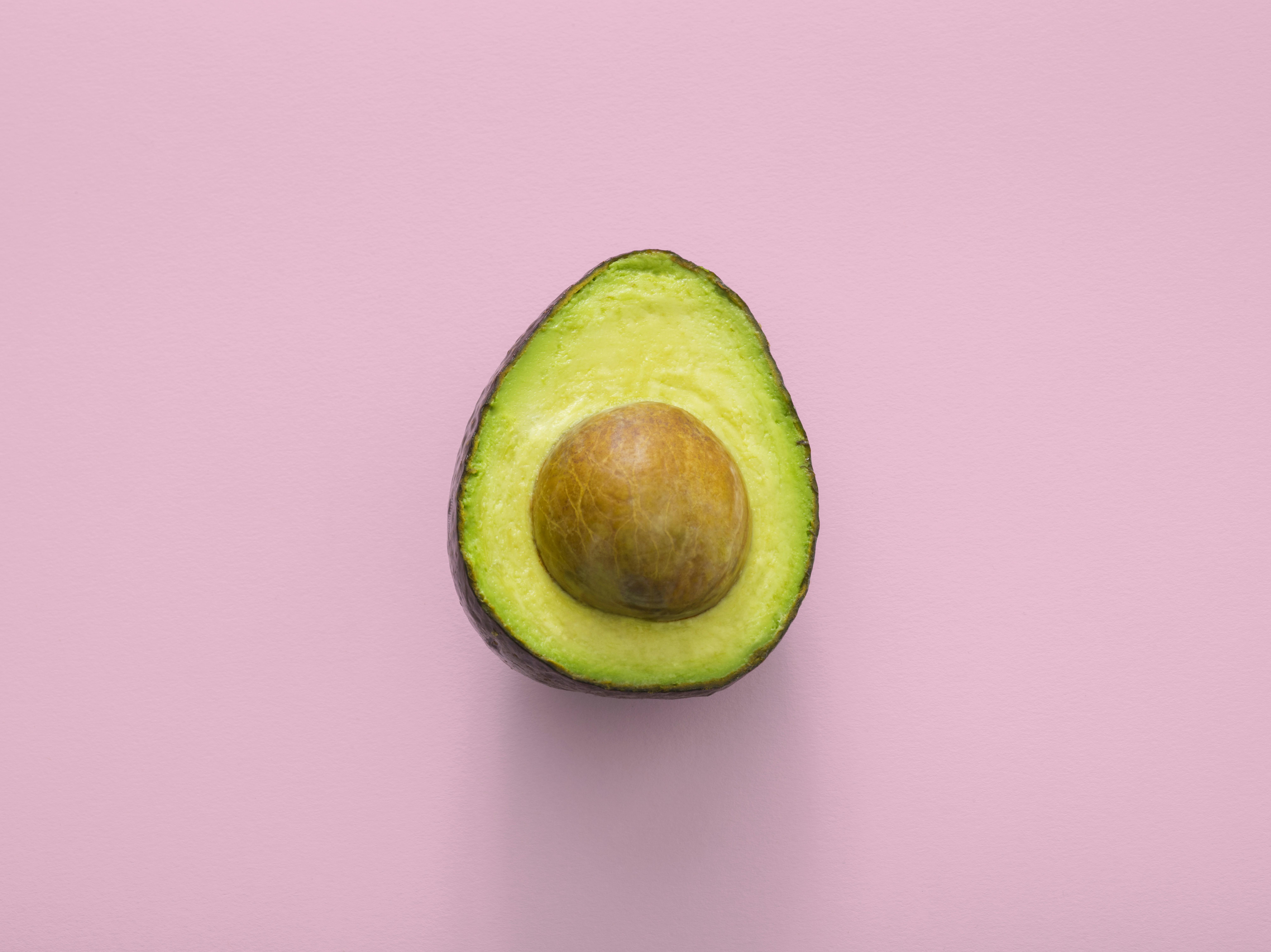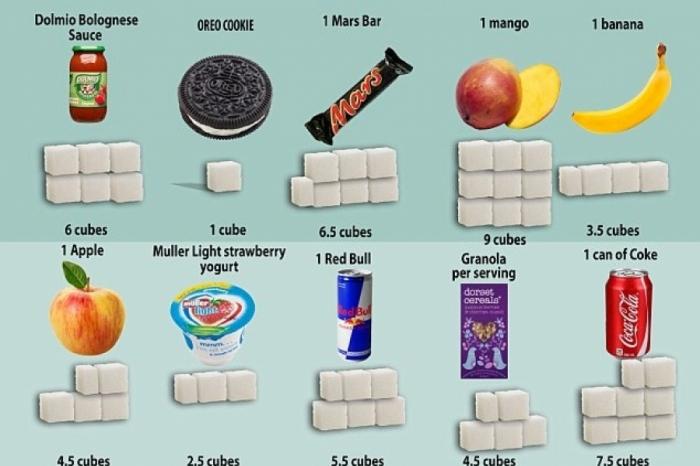In the vibrant tapestry of human nutrition, few foods are as universally celebrated as fruit. With their kaleidoscope of colors, tantalizing flavors, and abundant nutrients, fruits have long been heralded as a cornerstone of a healthy diet. Yet, nestled within their juicy flesh lies a paradoxical question that has sparked debate among health enthusiasts and nutritionists alike: should fruit be limited due to its sugar content? As society becomes increasingly vigilant about sugar consumption and its implications for health, this question invites us to peel back the layers of common perceptions and delve into the complex interplay between natural sugars and overall well-being. In this exploration, we aim to unravel the science, sift through the myths, and ultimately determine whether fruit’s sweetness is a friend or foe in our quest for a balanced diet.
Understanding the Natural Sugars in Fruit
When discussing the sugars found in fruit, it’s essential to distinguish between naturally occurring sugars and added sugars. Naturally occurring sugars, such as fructose and glucose, are integral components of fruit and are accompanied by a bounty of nutrients and fiber. These natural sugars are part of the fruit’s complex matrix, offering a gradual release of energy that helps maintain blood sugar levels.
- Fiber Content: The fiber in fruit slows down the absorption of sugar, providing a steady energy supply and promoting digestive health.
- Vitamins and Minerals: Fruits are rich in essential nutrients like vitamin C, potassium, and antioxidants, which support overall health.
- Hydration: Many fruits have a high water content, contributing to hydration and making them a refreshing choice.
It’s this combination of natural sugars with other beneficial components that sets fruit apart from sugary snacks and beverages. Emphasizing whole fruits in your diet can provide a nutritious and satisfying option without the spikes in blood sugar associated with processed sweets.

Comparing Fruit Sugar to Added Sugars in Diet
When evaluating the impact of sugars in our diet, it’s crucial to distinguish between the naturally occurring sugars found in fruits and the added sugars present in many processed foods. Fruits are not just vessels of sugar; they are rich in essential nutrients and offer a complex blend of vitamins, minerals, and fibers. In contrast, added sugars, which are often found in items like sodas, candies, and baked goods, provide calories with little to no nutritional value.
- Nutrient Density: Fruits offer a wealth of nutrients that can enhance overall health, including antioxidants and phytonutrients.
- Fiber Content: The fiber in fruits helps slow down the absorption of sugar, promoting better blood sugar control.
- Satiety Factor: Whole fruits can help you feel full longer, reducing the likelihood of overconsumption.
While it’s important to monitor sugar intake, focusing on limiting added sugars rather than fruit can lead to more balanced and healthful dietary choices.

Balancing Fruit Intake for Optimal Health
While fruits are a delightful part of a balanced diet, providing essential vitamins, minerals, and antioxidants, it’s crucial to consider their sugar content. The natural sugars in fruits, such as fructose, can contribute to daily sugar intake. However, the presence of fiber, water, and various nutrients in fruits helps moderate the absorption of these sugars, offering a more balanced energy release compared to refined sugars.
To maintain optimal health, consider these strategies:
- Variety is Key: Include a diverse range of fruits to benefit from different nutrients.
- Portion Control: Keep servings moderate, especially for high-sugar fruits like bananas and grapes.
- Pair with Protein: Combine fruits with protein-rich foods to help stabilize blood sugar levels.
- Timing Matters: Enjoy fruits as a snack or part of a meal to avoid sugar spikes.

Practical Tips for Including Fruit in a Balanced Diet
Incorporating fruit into your daily meals can be both delicious and beneficial for your health. To seamlessly integrate fruit without overloading on sugar, consider these practical tips:
- Pair with Protein: Combine fruits like apples or berries with a source of protein such as nuts or Greek yogurt. This not only balances the sugar intake but also keeps you fuller for longer.
- Embrace Variety: Opt for a colorful array of fruits to maximize nutrient intake. Each color provides different vitamins and antioxidants, so mix it up with choices like oranges, kiwis, and blueberries.
- Time Your Portions: Enjoy fruit as part of a meal rather than as a standalone snack. This helps in regulating the body’s sugar absorption, especially when paired with complex carbohydrates and healthy fats.
- Go Seasonal: Choose fruits that are in season for the best flavor and nutritional value. Seasonal fruits are often more affordable and fresher, making them a perfect addition to your diet.
By integrating these strategies, you can enjoy the natural sweetness and health benefits of fruit while maintaining a balanced diet.
